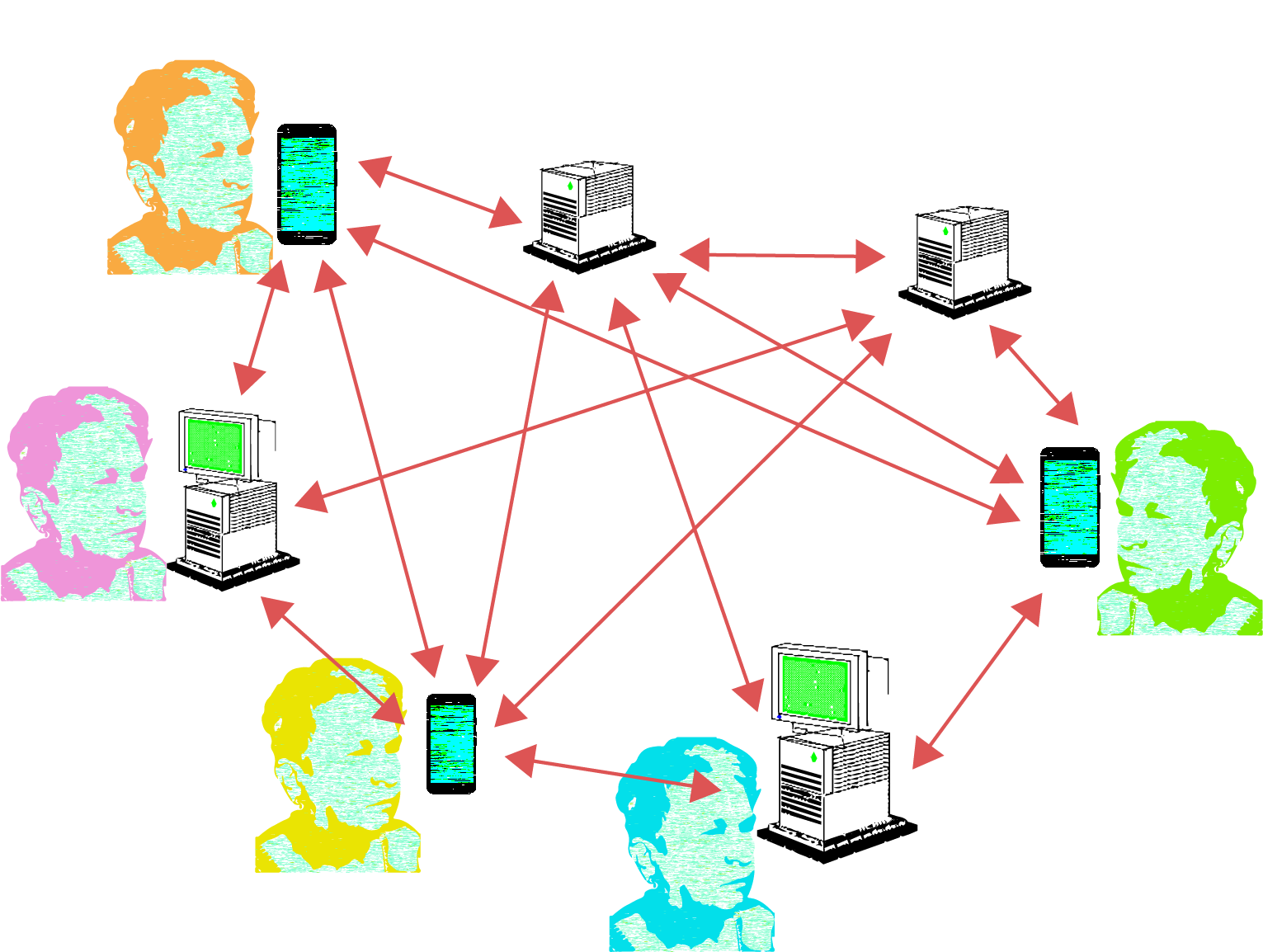Proof of Consensus: Difference between revisions
(Created page with "{{Event |Name=Proof of Consensus |Location=Internet |Date=2020/07/20-2020/07/22 |Time=14:00-16:00 |PeopleOrganisations=Mario Romera Gómez |Type=HDSA2020 |Web=Yes |Print=No }}...") |
No edit summary |
||
| (2 intermediate revisions by 2 users not shown) | |||
| Line 11: | Line 11: | ||
Proof of consensus is a research taking distributed computing strategies in resolving eventual consistency to collective organization, how we agree and what are the protocols to use in our everyday life for decision making. | Proof of consensus is a research taking distributed computing strategies in resolving eventual consistency to collective organization, how we agree and what are the protocols to use in our everyday life for decision making. | ||
How control exists after decentralization in the knowledge society under surveillance capitalism? | How does control exists after decentralization in the knowledge society under surveillance capitalism? | ||
In this workshop, participants took a closer look at some of the protocols and strategies that mediate our modes of discussion, agreement and desiagreement, and learned how to build a simple distributed interface to discuss different approaches for a better interaction flow. | |||
[[File:POC workshop IMG.png]] | |||
Latest revision as of 08:47, 24 September 2020
| Proof of Consensus | |
|---|---|
| Name | Proof of Consensus |
| Location | Internet |
| Date | 2020/07/20-2020/07/22 |
| Time | 14:00-16:00 |
| PeopleOrganisations | Mario Romera Gómez |
| Type | HDSA2020 |
| Web | Yes |
| No | |
Proof of consensus is a research taking distributed computing strategies in resolving eventual consistency to collective organization, how we agree and what are the protocols to use in our everyday life for decision making.
How does control exists after decentralization in the knowledge society under surveillance capitalism?
In this workshop, participants took a closer look at some of the protocols and strategies that mediate our modes of discussion, agreement and desiagreement, and learned how to build a simple distributed interface to discuss different approaches for a better interaction flow.
